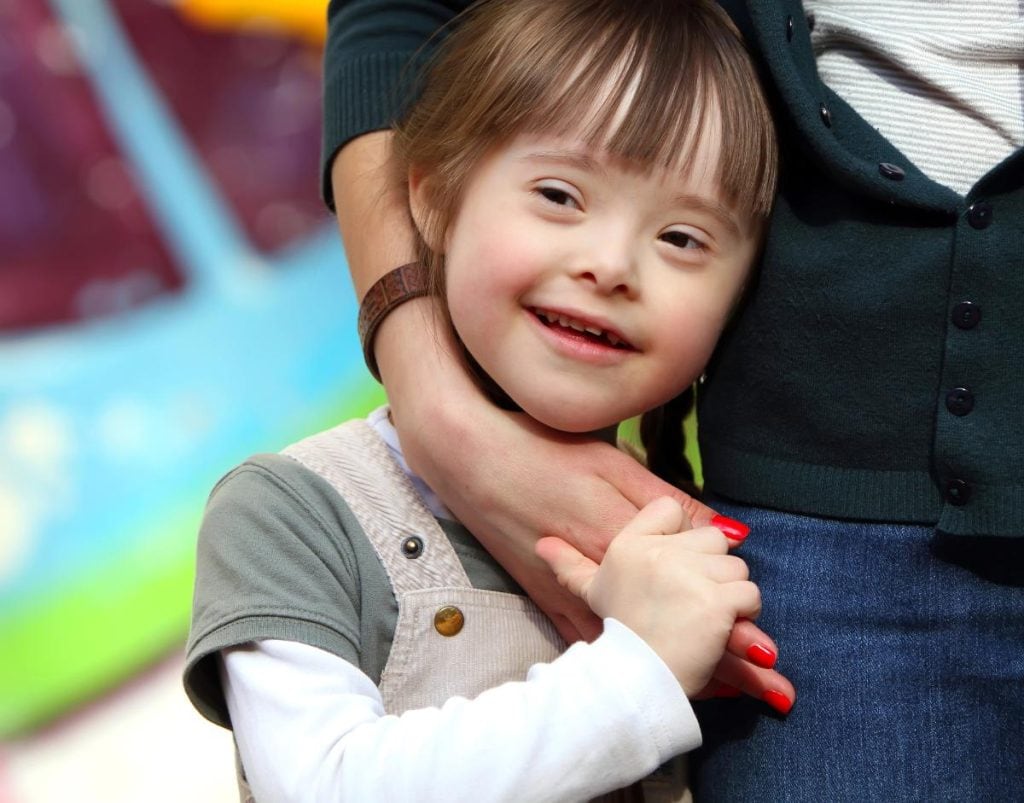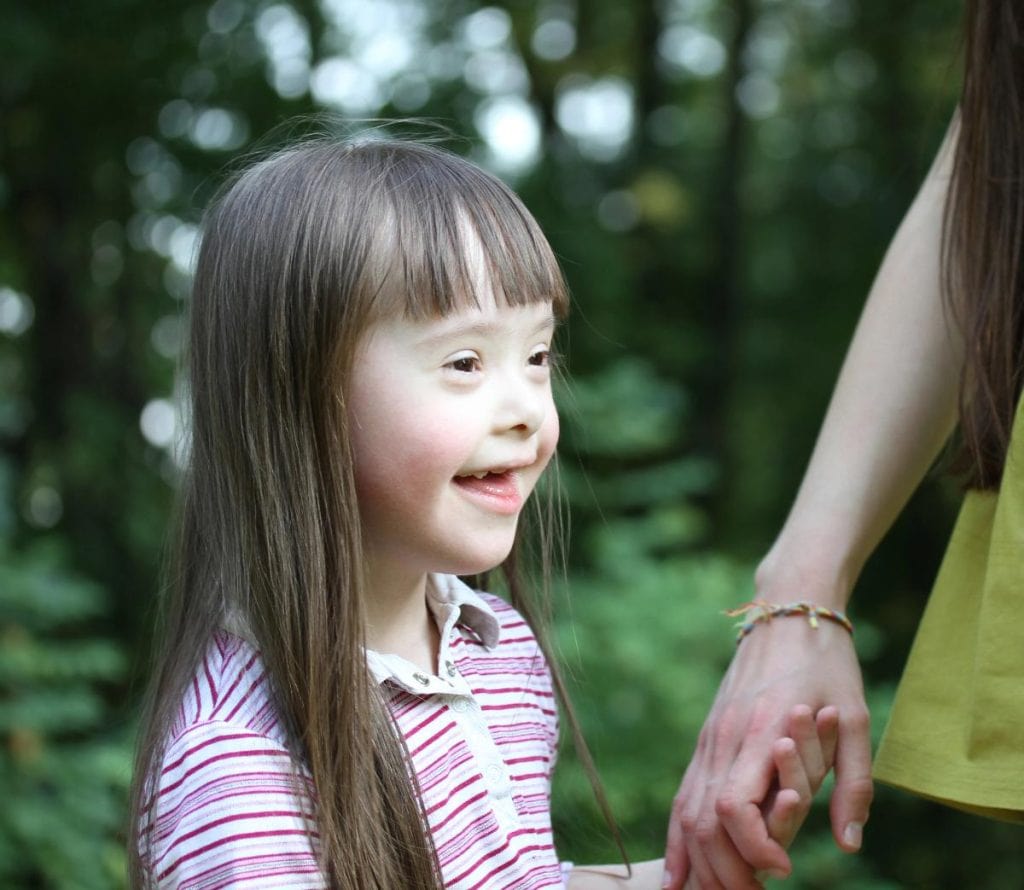If you’ve recently found out your baby has Down’s syndrome or you are thinking of fostering children with disabilities, you likely have many questions and concerns about what to expect. Down’s syndrome, also called Trisomy 21, is a genetic condition caused by an extra chromosome. It results in some intellectual disability and potential health issues. However, with proper support and care, children with Down’s syndrome can lead rich, fulfilling lives.
Here’s an overview of some key things you can expect while raising your child.

Developmental Milestones
Children with Down’s syndrome typically reach milestones like sitting, walking, and talking later than other children. Your child’s specific development timeline can’t be predicted exactly. But with early intervention services like physical, speech and occupational therapy, they can be supported in reaching their full potential. Expect your child’s development to be delayed but not disordered. They will likely learn to walk, talk, and feed themselves, just on a different timeline.
Medical Needs
There are some common medical conditions associated with Down’s syndrome to be aware of. Around half of babies born with Down’s syndrome have heart defects, so your doctor will listen to their heart carefully. Issues like sleep apnea, thyroid problems, hearing and vision issues, and celiac disease are also more common. However, not every child has serious medical problems. Work closely with your child’s healthcare team or foster agency such as www.thefca.co.uk to stay on top of their specific needs.
Early Intervention Services
In the UK, children with Down’s syndrome are entitled to free early intervention services from the NHS and local councils. This includes physical, speech and language therapy from an early age, often starting before 12 months old. Making use of these services can help your child reach their potential. You’ll work with a team to set goals and regularly evaluate progress.
Education Options
With the right support, many children with Down’s syndrome attend mainstream primary and secondary schools. Special education programmes and dedicated support staff help students fully participate. Alternatively, you may choose a special needs school tailored to learning differences. Assess your child’s needs as they grow to pick the right education path.
Advocating for Your Child
Don’t be afraid to speak up for your child’s needs with healthcare providers, educators and others. Joining local Down’s syndrome family groups can help you connect to other parents who understand the journey. They can share experiences and provide recommendations. Also, be prepared to gently correct outdated assumptions or language about Down’s syndrome in your community when necessary.

Daily Life
Like any child, a baby with Down’s syndrome deserves to be celebrated for who they are. While their milestones may look different, every first word, step and accomplishment is meaningful. Capture photos and videos of special moments to look back on. Day-to-day care like feeding, bathing and playing will bring you close, just as with any child. Don’t be afraid to love and enjoy your baby every step of the way.
Life with a child with Down’s syndrome has unique joys and challenges. But with the right support, encouragement and care from you and the community, your child can thrive and live a beautiful life. Connect with local resources and other parents, and embrace each moment with your one-of-a-kind child.
